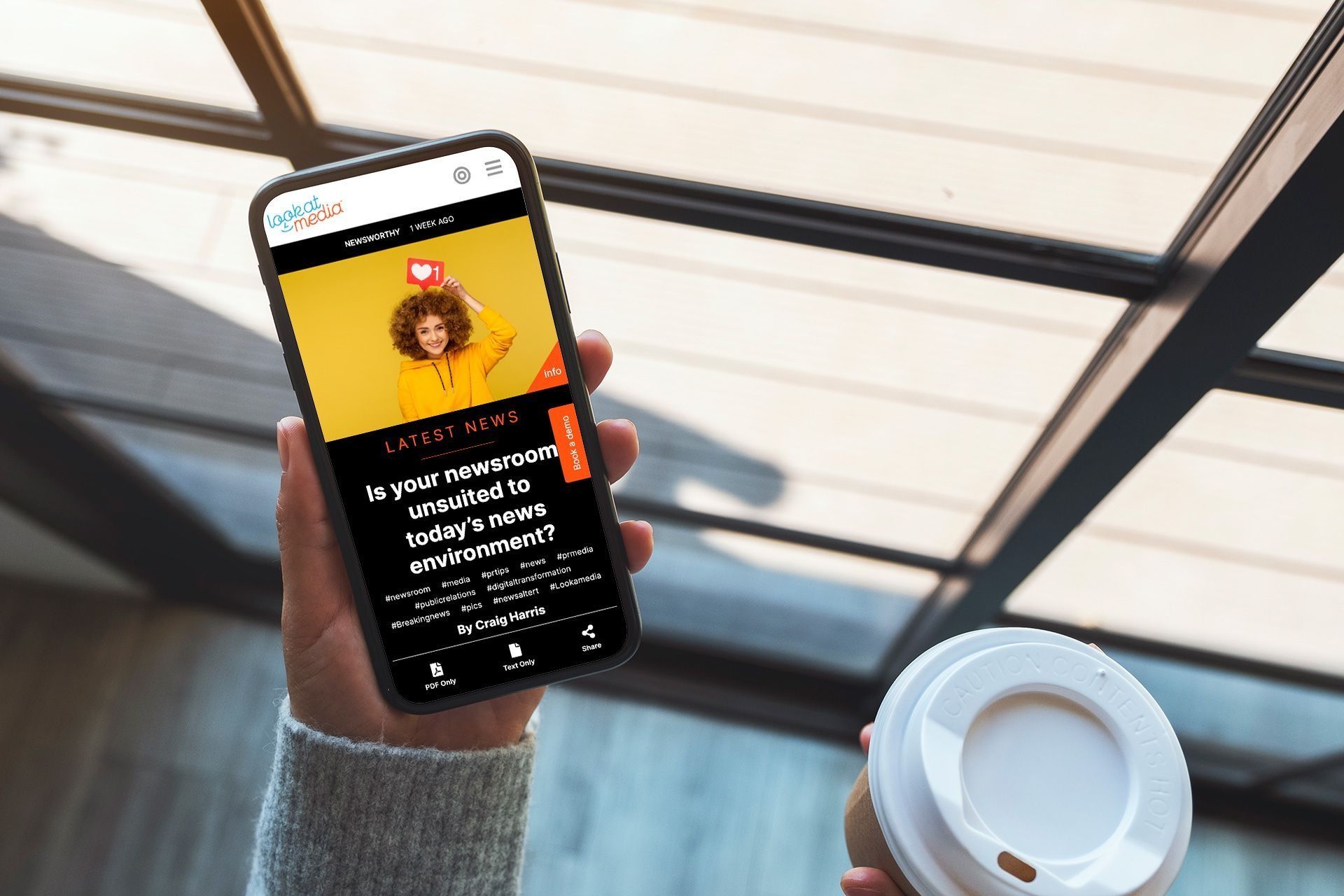
Climbing the rankings
Getty Images/iStockphoto
Inbound and digital PR strategies only work if your successful climbing rankings for the search words and phrases used by the media when looking for story ideas.
SEO or Search Engine Optimisation is an area many in Public Relations are still grappling to understand. They may have a basic understanding of its role in marketing; however, they are unclear of its necessity in digital PR. We have written this article not as a definitive guide to SEO for PR but more as a conversation starter 20,000-foot view.
What is SEO?
Let's start with the basics. Search Engine Optimisation is the technique used by search engines like Google to align search results with searchers' goals. The success of browsers like Google Chrome and Apple Safari is driven by user volumes. The best experiences with search results have led most users to prefer Google over other products.

Finding your way
Getty Images/iStockphoto
Inbound and digital PR strategies only work if you’re successful climbing rankings for the search words and phrases used by the media when looking for story ideas.

Finding your way
Getty Images/iStockphoto
Inbound and digital PR strategies only work if you’re successful climbing rankings for the search words and phrases used by the media when looking for story ideas.
Why are quality search experiences important to search engines?
Keep in mind that search engines primarily see their users as products, not clients. Their goal is to monetise their users' information to sell products and services. The accuracy and granular quality of the information they collect are invaluable. Their search engine algorithms continue to refine search results based on the success of the previous activity, which means how a user interacts with content drives much of their decision making. While content creators are essential to browsers Like Google Chrome, their focus is on search engine users.
What difference do search rankings have?
On average, page one rankings garner 92% of all traffic on browser searches, with 33% of all traffic going to the first ranking results. It's why marketers spend so much money and time chasing rankings. Rankings continue to change based on changes to the search engine algorithms (e.g., Google made an estimated 2000 algorithm changes in 2021) and the content they search. Organic search rankings are driven by SEO, so understanding these techniques is essential for PR professionals.
Niche SEO strategies for PR
In the PR space, there are two primary targets. The first target are the amplifiers and evangelists. Traditional and new media, influencers and podcasters sit in this group. The second group are the public…or specific segments of the public. This group may include consumers, stakeholders, and key decision-makers. There are opportunities for PR professionals to create and run entirely separate SEO strategies for these groups that do not cross over into the traditional marketing space.
PR SEO strategies for amplifiers and evangelist
Traditional and new media, influencers and podcasters are doing different searches than the public. If I'm a journalist, I'm looking for interesting story ideas. If I'm an influencer, I'm looking for something new, original, or unexpected. If I'm a podcaster, I'm looking for subject matter and thought leaders. Conducting research to see what these groups focus on and then overlaying that research with keyword search will provide insights into what specific keywords and phrases PR professionals should target.
PR SEO strategies for the public
PR is in the information business, not the sales business. Whereas information may lead to an eventual sale, it should not be the primary focus of Digital PR. Digital PR should focus on disseminating information that is deemed authentic, engaging, and entertaining. If PR applies similar PR principles to SEO for the public, as they do with amplifiers and evangelists, they can deliver complementary results with marketing.
The role of PR in boosting the results and ranking of marketing content
A critical factor in organic rankings of website, content and e-commerce solutions is quality links. If a quality site links to a brands marketing site, it boosts its organic search profile. The goal with SEO is to get the best quality, not the most links…and few links measure as high as media links. Your PR SEO strategy allows you to drive high-quality media links directly to marketing websites. It's a skill beyond the capabilities of most marketers and a space that PR professionals can lay claim to.
The importance of your newsroom
PR professionals need to develop quality experiences for traditional and new media, influencers, and podcasters if they want successful digital PR strategies. This demands a newsroom that does more than show last week's press release. Your amplifiers and evangelist SEO strategy should use your newsroom as the primary destination for all content. By separating your SEO and content from marketing, you can provide a unique user experience in line with the expectations of those you depend upon to amplify your message, grow your reputation, and build brand recognition. Think of a newsroom as a place where you draw a line in the sand and say, 'this is where we stand and demonstrate the true and enduring value of our skills’.








